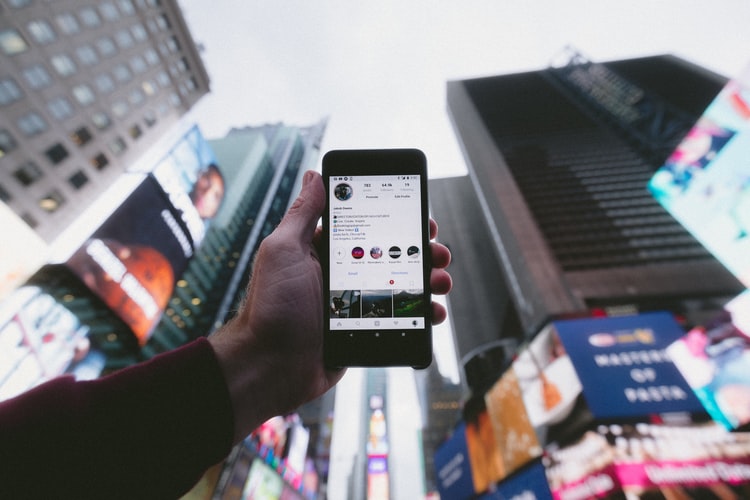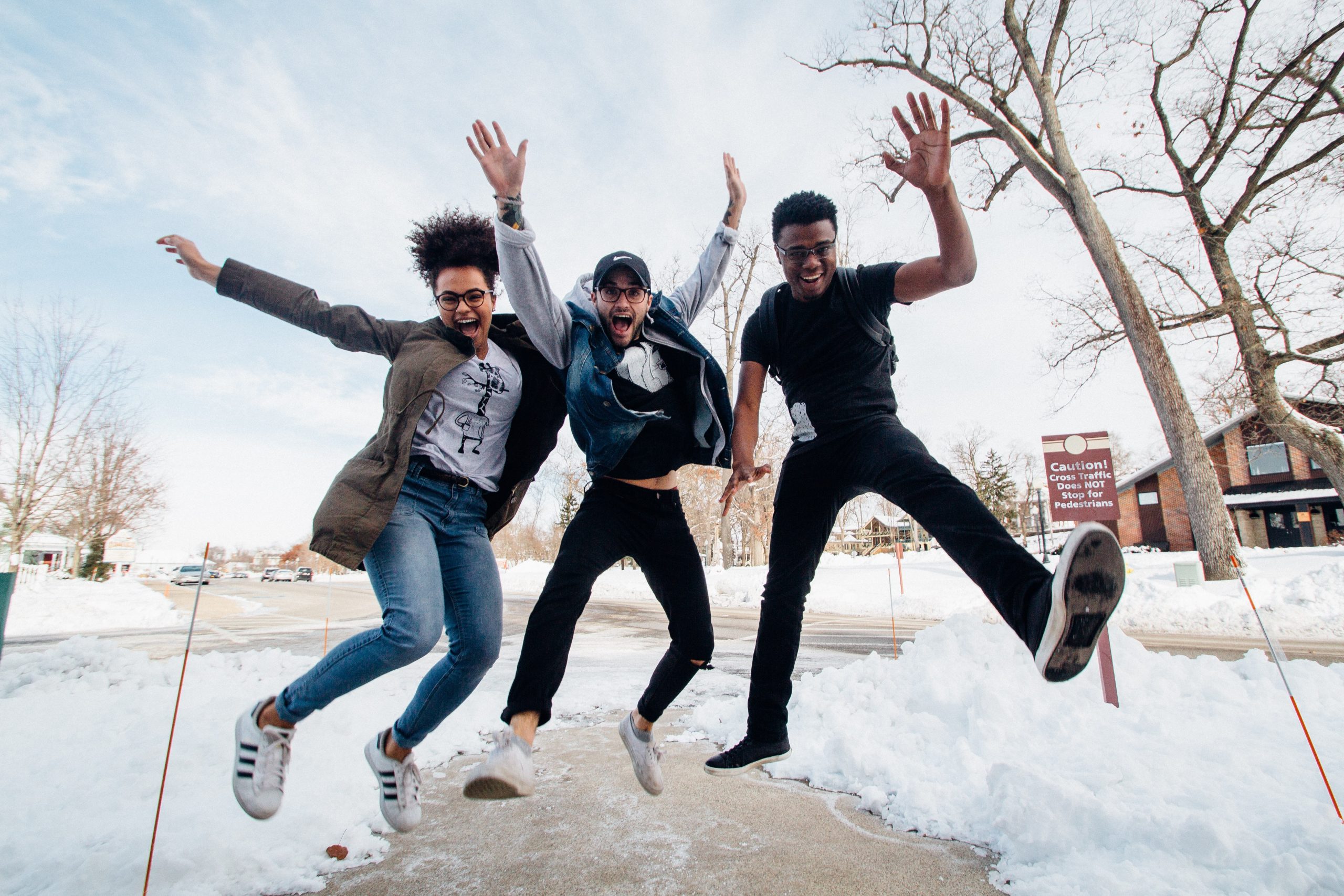Social media have long been platforms for self-expression and professional fulfilment. No wonder social media and self-esteem become interconnected. New acquaintances, interest groups, unhindered display of personal preferences, rebuilding lost connections or breaking up unwanted relationships, etc. Social networks create a feeling of involvement in society, the feeling that you are not alone.
However, it is worth considering the impact – namely the negative impact – of social media on our lives. It’s not just about digital security issues but mental health as well. In particular, psychological trauma caused by cyberbullying, depressive states, often provoked by a feeling of envy towards “more successful people”. As a result, we are becoming more and more dependent on the content we see on social media.
Our morning begins not with coffee but with collecting likes – indicators of interest, value, and significance of a person.
How “likes” are making a difference
Getting a like or repost (and therefore public approval) is an important motivator for users. Naturally, they may find it difficult to avoid comparing their “product” – that is, posts – with those of their friends. And comparing oneself with others is inherent in all people.
Social psychologists identify several motives for such a comparison, including an increase in self-esteem and motivation for self-development. When there is a lot of uncertainty and little understanding about ourselves (how successful a person is, attractive, how interesting and correct his values and thoughts are), we tend to evaluate ourselves through the indicators and achievements of others.
Another equally important criterion is feedback. When we spend hours proofreading text for publication or playing with filters on a photo, we expect a response to what we have done. The more responses, the more emotional reinforcement.
Getting a positive reaction is not only pleasant but also beneficial because it affects the increase in self-esteem. If responses are received regularly, the person feels the need for such confirmation of himself.
The need for self-affirmation can develop into addiction over time
The most prevalent mistake of active users of social networks is to assume that “like” shows an attitude towards a person and not towards a photo or post. People tend to evaluate the content of the post, the photograph. This is an assessment of a specific product of activity but not of the person himself.
Likes are a virtual analogue of satisfying the need for assessment. It’s especially important for young people because this is their way of self-discovery. Through the assessment of others, they conclude what they should be like, what the “world” expects from them and what it accepts. Among adults, the same approach is characteristic of immature individuals.
The need for recognition, love, belonging is the highest level of needs. They are common to all people. If you lack support, self-confidence and real communication in your life, then they are getting replaced by life in a social network. These people assert themselves, look for friends, loved ones and even acquire fans. In itself, this is not bad, but it becomes dangerous if “likes” are the only psychological feed, and the virtual world has replaced the real one.
Important to remember
If we are not talking about business on the Internet, but about everyday use, then we must not forget that we are dealing with images, not real people. Social media shouldn’t affect our self-esteem. We see only what people want us to see – not the (im)perfect and vulnerable person. Actually, we never or rarely see the real person behind the account.
Everyone can present themselves in a winning light (and many do) – having a perfect life. But by the end of the day, social media and likes are an ineffective benchmark for self-esteem.


